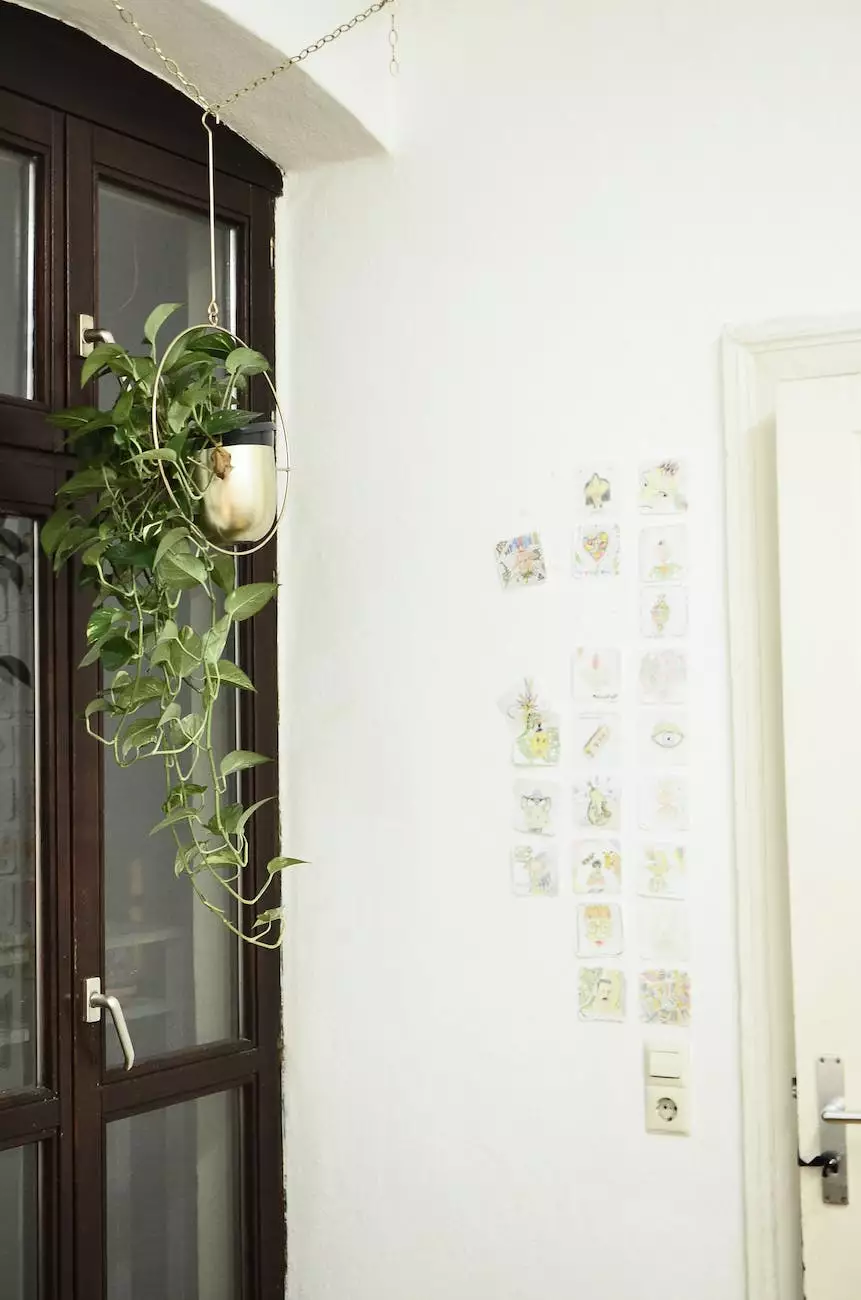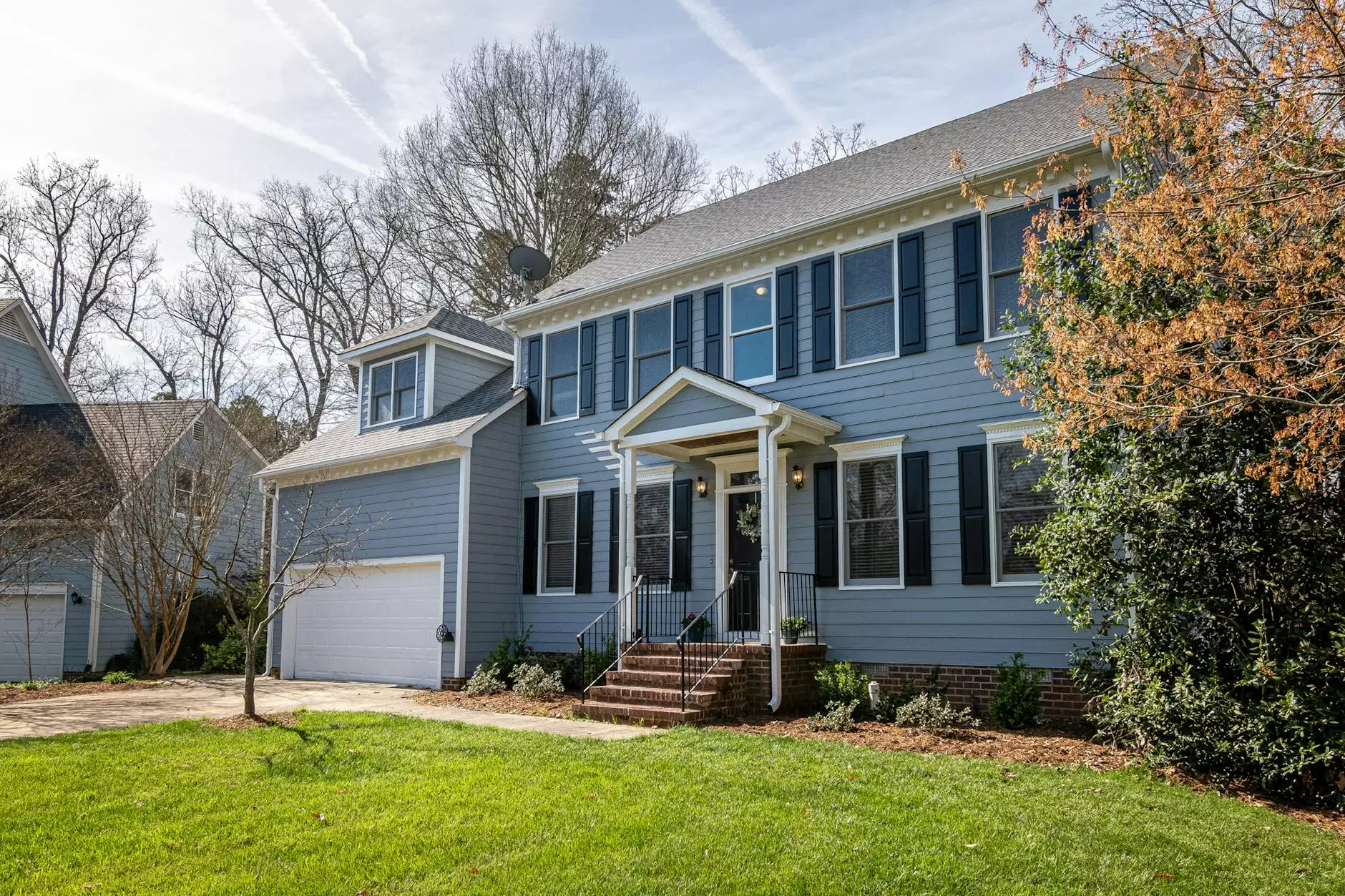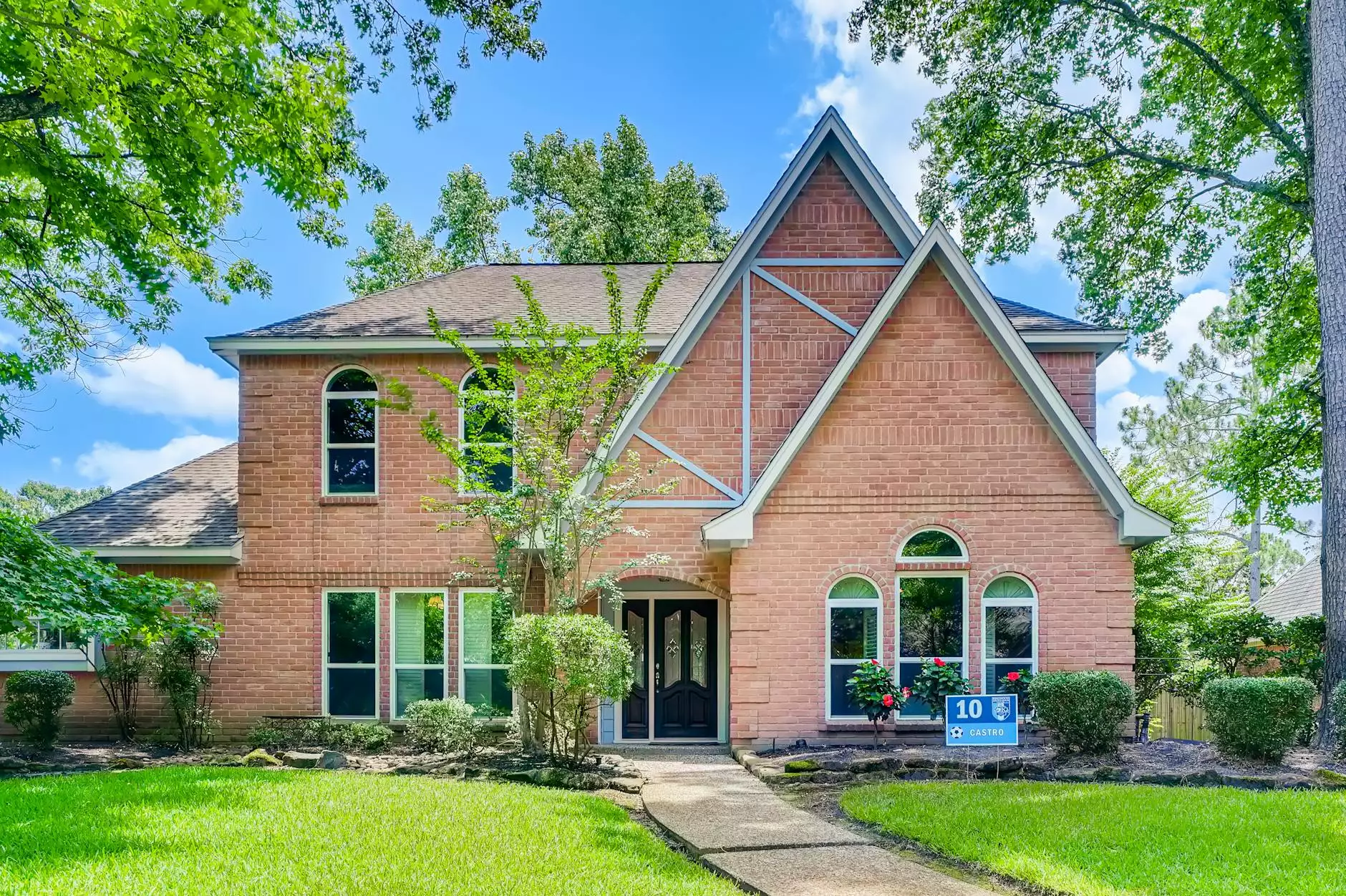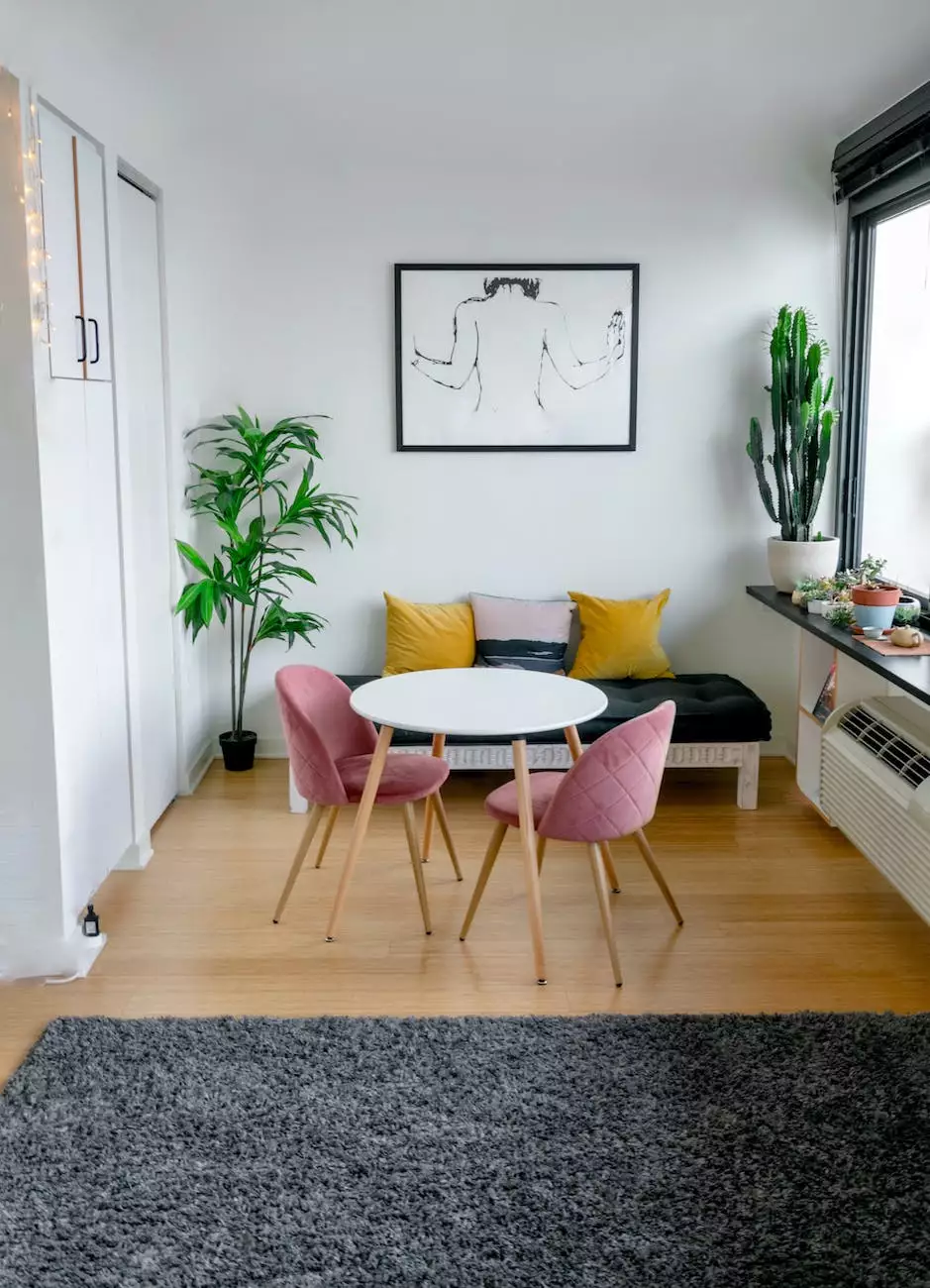How to Be a Good Landlord: 7 Effective Tips
Property Management
Tips for Being a Good Landlord
As a landlord, it is crucial to understand the responsibilities and best practices that come with managing rental properties. Being a good landlord involves more than just collecting rent; it requires effective communication, empathy, and a commitment to providing a safe and comfortable living environment for your tenants. In this guide, Results Realty will share seven effective tips to help you become a successful and respected landlord.
1. Screen Your Tenants Thoroughly
One of the most important steps in being a good landlord is selecting reliable and responsible tenants. Implement a thorough screening process that includes background and credit checks, employment verification, and references from previous landlords. This will help you choose tenants who are more likely to respect your property and fulfill their contractual obligations.
2. Maintain the Property Regularly
A well-maintained property not only attracts tenants but also encourages them to stay longer. Regularly inspect your rental property and promptly address any maintenance issues. Keep the property clean and ensure that all essential amenities are functioning properly. By maintaining the property, you create a better living experience for your tenants and minimize the risk of larger, costlier repairs in the future.
3. Be Responsive and Approachable
Effective communication is key to being a good landlord. Respond to your tenants' inquiries, requests, and concerns promptly and professionally. Be approachable and make it clear that you are available to address any issues that may arise. Establishing a positive and open line of communication will foster a stronger relationship with your tenants and promote their satisfaction.
4. Establish Clear and Fair Policies
Transparency is essential in cultivating a healthy landlord-tenant relationship. Set clear rules and policies in your lease agreement and ensure tenants understand them. These policies may include guidelines regarding rent payments, maintenance responsibilities, pet policies, and noise restrictions. By establishing fair policies and enforcing them consistently, you create a harmonious living environment for all parties involved.
5. Respect Your Tenants' Privacy
Respecting your tenants' privacy is crucial in maintaining a positive and respectful relationship. Provide notice in advance before entering the premises, except in emergency situations. Always obtain proper consent from your tenants for specific inspections or repairs. By respecting their privacy rights, you create a trusting and comfortable atmosphere, which contributes to tenant satisfaction and retention.
6. Address Issues and Complaints Promptly
When tenants report issues or complaints, it is important to address them promptly and efficiently. Take the time to listen to their concerns and work towards finding a resolution. Ignoring or delaying the resolution of problems can lead to frustration and dissatisfaction among your tenants. By actively addressing issues, you demonstrate your commitment to maintaining a high standard of living for your tenants.
7. Build Positive Relationships with Your Tenants
Building positive relationships with your tenants is vital for long-term success as a landlord. Show appreciation for good tenants, acknowledge their contributions, and create a sense of community within your rental properties. Small gestures such as sending holiday greetings or organizing social events can go a long way in fostering a positive tenant experience. By cultivating positive relationships, you are more likely to retain reliable tenants and receive positive recommendations from them.
Conclusion
Being a good landlord requires dedication, effective communication, and a commitment to providing a high-quality living experience for your tenants. By implementing these seven effective tips from Results Realty, you can become a respected landlord and maximize the potential of your rental properties. Remember, being proactive, responsive, and fair will create positive tenant relationships and ultimately contribute to your success.










